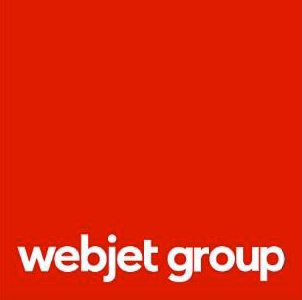For most companies, corporate travel is a necessity that can be expensive if not properly managed. Based on research data, business travel is the second largest controllable expense that affects profitability. Implementing smart cost control strategies and business travel management schemes should always be a priority, especially during tight economic times. Therefore, here are five solid reasons to systemise your business trips that are worth looking into:
1. Strategic Planning And Consolidation
By analysing your employee’s travel patterns and the frequency of work-related treks, you can determine the most appropriate way to make travel arrangements. These include hotel accommodation, car rentals, airline choice and flight connections. In fact, some corporate travel agencies can negotiate volume discounts, which can save your workers time and your company quite a bit of money.
2. Industry Specialisation
Corporate travel management is a relatively new field that most companies are not familiar with, but that can provide many rewards. Travel providers typically use case studies and whitepapers to form a comprehensive profile of each industry and can, therefore, tailor their recommendations for bookings and budget to each particular company operating in the field.
3. Flexibility And Booking Consolidation
One of the key benefits of corporate travel expense management is consolidation. When you work with tour operators, it is advisable to have a central point of contact to handle all booking, changes and cost control. Having one primary contact will guarantee a consistent approach to travel management by leveraging your travel volume and increasing savings.
4. Efficiencies
Business travel management is about creating efficiencies at every stage of the travel process. It is worth looking into all information on bookings, account and expense management as well as purchasing habits to target any areas for cost control and optimisation. One of the ways to achieve this is to start working with one travel manager or agency as this will streamline processes. The ultimate goal is to have your employees spend less time on organising trips and more time focusing on your core business.
5. Value And Service Optimisation
Looking across a variety of travel agencies gives companies the negotiating strength to hunt for special deals online. You can scan a large number of deals to get real value for money for your corporate travel needs. Partnering with the right agency or tour operator means access to some deals, bundle packages and business travel options, such as seat upgrades, flight connections, room and car hire upgrades, and complimentary nights at exclusive hotels.
As aforementioned, travel-related costs represent the second largest controllable expense. Primary expenses such as airfares, accommodation and car hire accumulate on top of hidden travel-related costs. Ultimately, ineffective business travel management can offset the benefits of a ‘best airfare’ strategy. It is particularly helpful to have overall visibility of your organisation’s travel profile to be able to implement reduction strategies and make informed decisions regarding all internal processes and policies. An in-depth analysis of this data can be the basis for the creation of a successful corporate travel plan for company employees in line with the specified budget.
Travel management has become a specialised business function used to balance employee needs with corporate financial goals. It serves as means to ensure cost-tracking and control, as well as to facilitate adherence to corporate travel policies. This operation can lead to substantial savings with the help of negotiated discounts, and establish a valuable information centre for both managers and employees based on best practices. In the wake of the economic downturn, travel management takes a front and centre role within companies as an integral part of every top executive’s strategic planning that delivers measurable and real results.

.jpeg)







